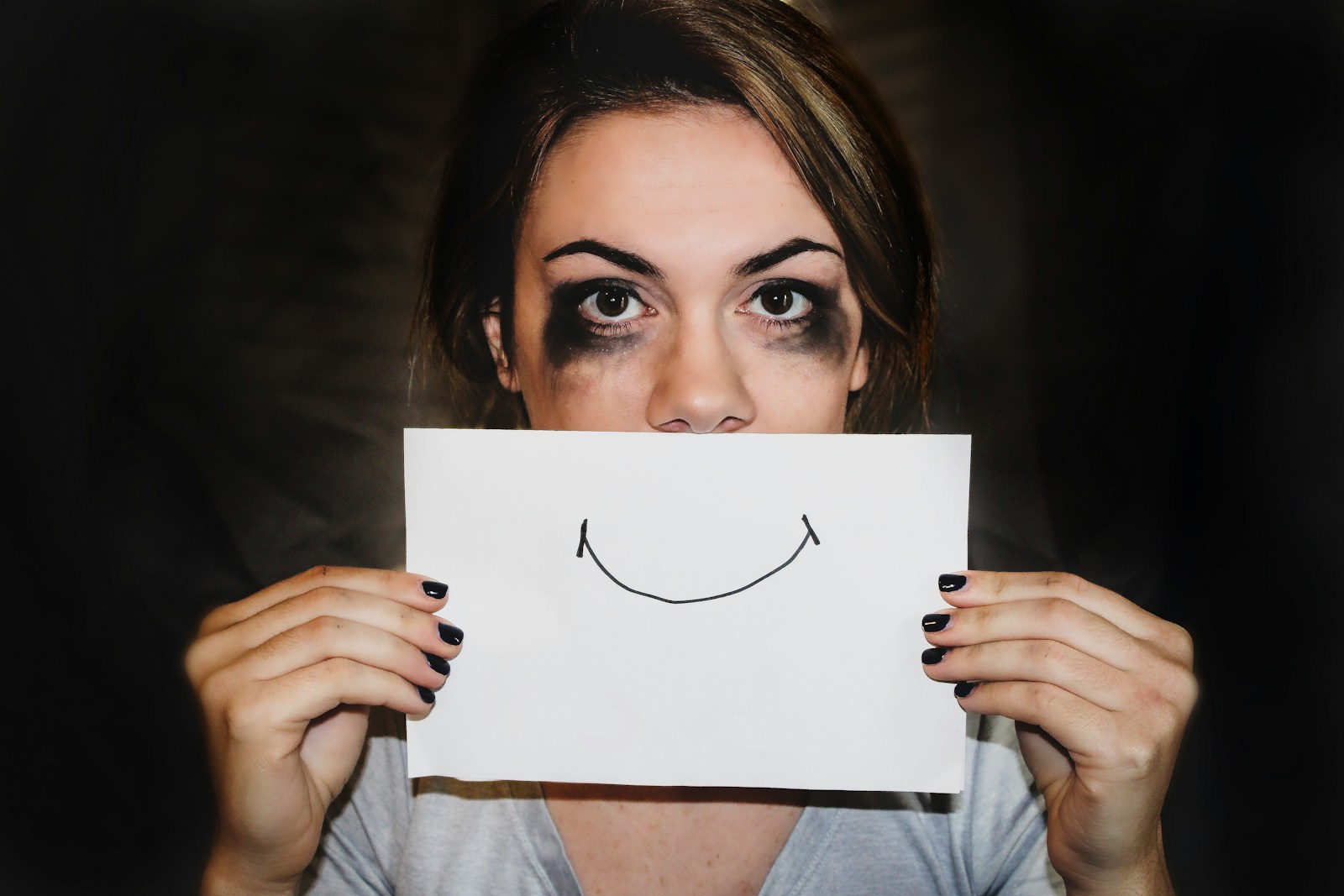

Maintaining mental health is a crucial aspect of overall wellness. This is even more important for individuals living with depression. In this digital age, numerous applications have been developed to aid in managing depression. This article explores the best depression management apps available in 2022, providing an overview of their features, user-friendliness, and effectiveness.
Understanding Depression
Depression is a persistent mood disorder characterized by feelings of sadness, hopelessness, and loss of interest in activities once enjoyed. It can manifest differently in each person, with symptoms ranging from sleep difficulties and appetite changes to chronic physical pain and suicidal thoughts.
Depression can be caused by various factors, including family history, hormonal imbalances, trauma, substance abuse, or certain medical conditions. It is a serious medical condition that requires professional treatment.
Note: Depression apps should not be used as a replacement for emergency situations. If you’re experiencing suicidal thoughts or self-harm, call the National Suicide Prevention Lifeline at 800-273-8255 or 911 for mental health emergencies.
Treatment of Depression: A Multi-Pronged Approach
Depression treatment is often multifaceted, involving a combination of psychotherapy, medication, and lifestyle changes. It’s crucial to seek professional help instead of relying on self-diagnosis or trying to overcome depression without support.
Psychotherapy
Psychotherapy, specifically cognitive-behavioral therapy (CBT), is a common treatment for depression. CBT aims to identify unhealthy thought patterns and guide individuals towards healthier thoughts and behaviors. Other forms of therapy include dialectical behavior therapy (DBT) and psychodynamic therapy.
Medication
Medication is frequently prescribed to treat depression. Selective serotonin reuptake inhibitors (SSRIs) are the most common type of antidepressants used. Other types include serotonin and norepinephrine reuptake inhibitors (SNRIs) and noradrenaline and dopamine reuptake inhibitors (NDRIs).
Lifestyle Changes
Lifestyle changes can also help manage mild or seasonal depression. Regular exercise, a balanced diet, adequate sleep, and avoiding harmful substances, such as alcohol, can positively impact depression symptoms.
Selecting the Best Depression Apps
When choosing the best depression apps, several factors were considered:
- Accessibility
- User-friendliness
- Range of services provided
- Affordability
- Positive user reviews
Top Depression Apps of 2022
Best for Community Support: TalkLife: Mental Health Support Network
TalkLife provides a digital community for open discussions about depression. It offers a safe space similar to group therapy, where users can connect and support each other. The app allows anonymous sharing and is available for free with in-app purchases.
Best Mood Tracker: Daylio Journal
Daylio Journal is a mood tracking app that helps users identify mood patterns. It features reminders to ensure consistent tracking and journaling. The app is PIN-protected and provides stats and trends to understand mood better.
Best AI App: Youper
Youper utilizes artificial intelligence to manage depression. The app assists users in understanding their thought patterns and behaviors. It provides techniques based on user responses and summarizes the interactions into insights for better emotional well-being.
Best for Developing Healthier Thought Habits: What’s Up?
What’s Up? is more than just a diary and habit tracker. Drawing from CBT and acceptance commitment therapy, it provides dozens of coping mechanisms, from grounding exercises to recognizing distorted thought patterns.
Best Mindfulness Resource: Sanvello: Anxiety & Depression
Sanvello is a mindfulness app designed by a psychologist. It aids in identifying feelings and moving towards acceptance and peace. The app includes visualization, mindfulness meditation, and muscle relaxation techniques.
Best Gamified Option: Happify: for Stress & Worry
Happify offers a fun approach to managing depression. The app provides games and activities based on positive psychology, CBT, and mindfulness, aiming to improve mood and resilience.
Best for Progress Tracking: CBT Tools for Healthy Living, Self-Help Mood Diary
CBT Tools app provides diaries and logs for tracking moods, activities, and daily goals. It helps users become more aware of their behaviors and track their progress towards a healthy life.
Frequently Asked Questions
Are depression apps effective?
Depression apps can be beneficial in identifying feelings, tracking mood patterns, journaling, finding a community among other people with depression, and finding a trusted therapist.
Can depression apps replace therapy?
No. Depression apps can be a helpful component of a treatment plan, but they cannot replace the skills and education of a therapist.
What should you do if you think you’re depressed?
Seek help immediately. Consult a primary care physician about your mental health, who can direct you to resources for finding a professional to speak to.
